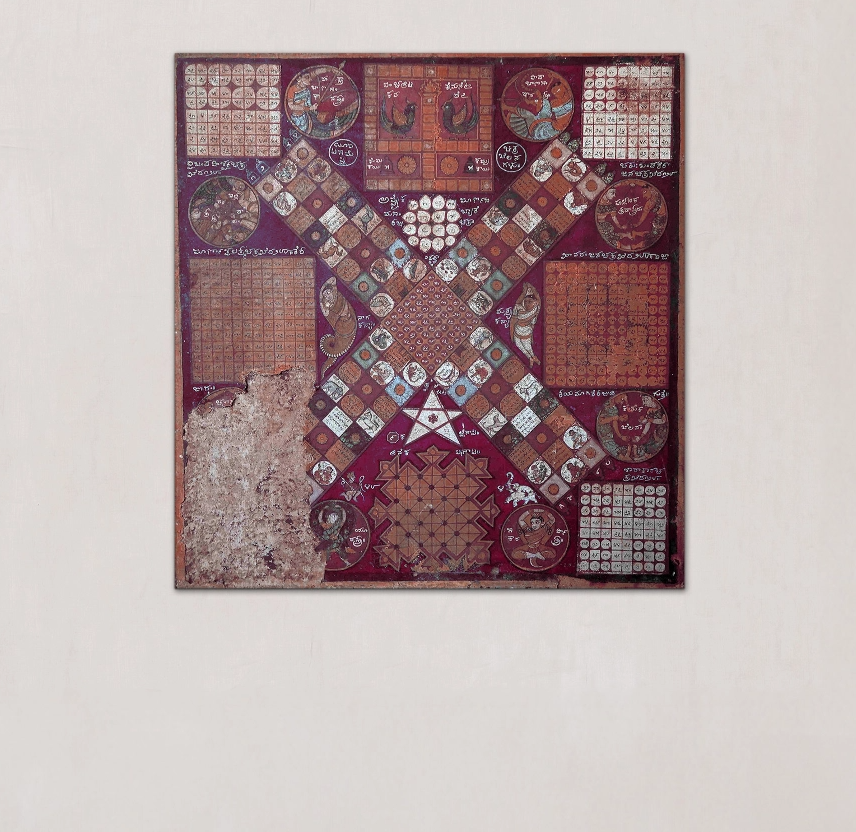About PANDIT
Pandit is a digital humanities project with a unique and ambitious task: to create a database for the vast world of South Asian letters. The name stands for the Sanskrit title of a virtuoso scholar with full mastery of traditional knowledge systems, but as an acronym it also expresses the project’s main objective: the creation of a Prosopographical Database of Indic Texts. In brief, Pandit seeks to store, curate, and share reliable data on works, people, places, institutions, and manuscripts from premodern South Asia, in addition to relevant secondary sources, and to do so across period, language, discipline, and subject matter. It is designed as an interactive web-based repository that scholars of every South Asian specialty and interest can contribute to and as a basic tool on which they will routinely come to rely.
Mission
The richest premodern library in human history was produced in South Asia. Millions of texts in an astonishing variety of languages—Sanskrit, Prakrit, Tamil, Pali, Persian, and Hindawi are but a few prominent examples—and in a vast range of fields and genres, beginning with scripture, liturgy, philosophy, science, literature, drama, and politics have reached our hands, and scores of other works are known to have existed. The depth and complexity of many of these textual traditions are overwhelming, partly because of their long and continuous history and partly thanks to the intricate connections between scholars and literati working across disciplinary, linguistic, and geographic boundaries.
One factor that seriously compromises our understanding of these traditions and their intellectual merit is the dearth of even the most basic information about the dates, social settings, geographic locations, institutional ties, and interrelations among the key persons involved in cultural production, such as authors, readers, scribes, critics, patrons, teachers, students, rivals, and colleagues. Moreover, the information that is available is stored almost entirely in palm-leaf manuscripts, books, journal articles, handwritten notes, or entries in often obscure catalogs and encyclopedias, where it is hard to access and certainly to use with modern digital tools and the exciting opportunities they offer.
The main mission of Pandit is to create a rich, easily accessible, thoroughly searchable, and constantly updated digital database of South Asian prosopography: people, works, places, sources, and their diverse ties. We imagine this database as the hub of a vibrant and large body of researchers who will rely on its data and contribute regularly to it. In other words, another mission of Pandit is to foster exchange and collaboration in the scholarly community. The Sanskrit word “pandit” stands for a virtuoso scholar with a full mastery of traditional knowledge system. We hope that our efforts will help re-create some of this traditional virtuosity with the help of twenty-first-century tools.
Team
Pandit is headed by Prof. Yigal Bronner (The Hebrew University of the Jerusalem). Our Tech Person and Drupal master is Roi Kedem from Intoto. Amir Simantov from TopDownUp helped build the initial version of the site and database. Ilan Finkelstein is in charge of the current design (which replaced the original design of Enrico Attas). The Pandit community has over 130 members from all over the world.
We are in the process of establishing a large editorial board for Pandit.

Funding
Several funding agencies have made Pandit possible and have allowed it to continue to be viable. Pandit was established thanks to a grant from the Israel Science Foundation (ISF) that supported Yigal Bronner’s research project “Appayya Dīkṣita: The Many Identities of an Early Modern South Indian Intellectual” (Grant No. 1485/12). The collaborations with SKSEC and SARIT and the first import of data from SKSEC were partly supported by a grant Professor Sheldon Pollock received from the National Endowment for the Humanities (NEH). “The Age of Vedānta” project is supported by a grant from the Social Sciences and Humanities Research Council of Canada (SSHRC), for which Professor Ajay Rao is the principal investigator. Pandit is also seeking the support of other funding agencies to help it carry out its mission in the future.




